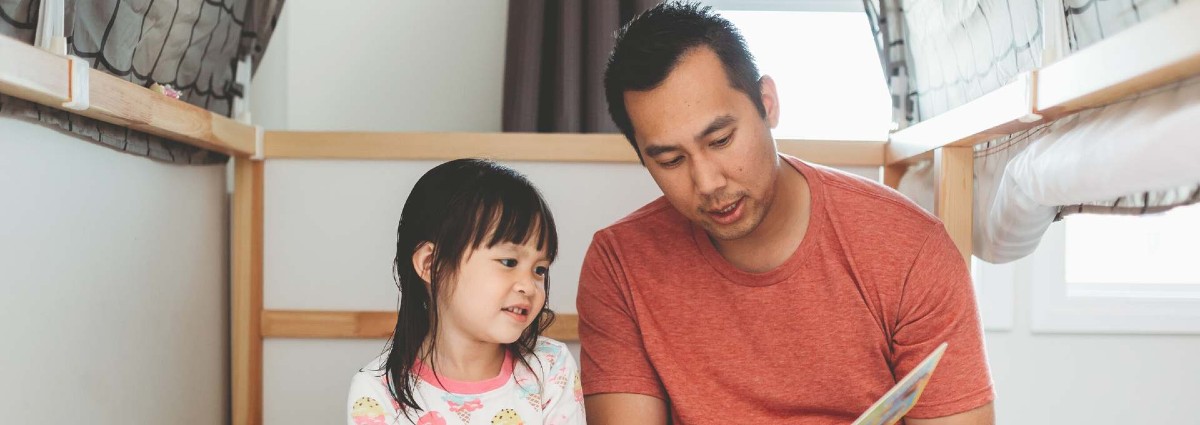Understanding separation anxiety in children: causes, signs, and when to seek support
It's normal for a child to feel distressed or upset when separated from their parents or caregivers, so to an extent, separation anxiety is a normal part of development. However, in some cases, it can become a problem that requires professional help. This article looks at the causes of separation anxiety, the signs to look out for and when to seek support.
Causes of separation anxiety in children
Separation anxiety in children can start as early as six months when babies realise they are separate from their parents or caregivers. For most, this is normal and will go away in toddler years, but in some cases, separation anxiety can persist or even develop later in life.
The causes of separation anxiety in children can be varied, but some common factors include the following:
- Genetic predisposition
- Traumatic experiences such as the death of a loved one, divorce, or moving to a new home
- An overprotective parent or caregiver
- Changes in routine, such as starting school or going on vacation
- A child's temperament, which can make them more prone to anxiety or shyness
Signs of separation anxiety in children
The signs of separation anxiety in children can vary, but some common signs to look out for include:
- Clinging to a parent or caregiver and refusing to let go
- Crying, screaming or throwing a tantrum when separated from a parent or caregiver
- Complaints of physical symptoms such as headaches or stomach ache when faced with separation
- Being overly worried about the safety of a parent or caregiver when they are apart
- Refusing to attend school or other activities where separation from a parent or caregiver is required
- Difficulty sleeping, nightmares or night terrors related to separation anxiety
- Fear of being alone or without a parent or caregiver
How you can help at home
We strongly recommend seeking professional help if symptoms persist. However, there are also some things you can do at home to help your child cope with separation anxiety, including:
- Reassuring your child that they are safe and that you will be back soon
- Creating a predictable routine and stick to it as much as possible
- Practising separation in a gradual and controlled way, starting with short periods apart and gradually increasing the duration
- Providing comfort objects such as a favourite stuffed animal or blanket to help your child feel more secure
- Using positive reinforcement to reward your child for coping with separation in a healthy way
When to seek support
If the above measures don't help, and you want to seek professional support, the first step is to talk to your child's GP or a mental health professional who can help you assess the severity of your child's separation anxiety and develop a plan to address it.
We offer various treatments for separation anxiety, including therapy, medication, and behavioural interventions. Call us on 0203 326 9160 to speak to an experienced advisor who can help you choose your next steps.
Related articles
Providing treatment for behavioural issues in children and teenagers

